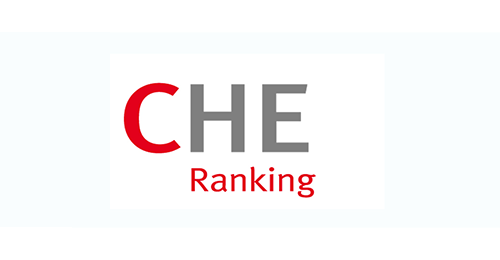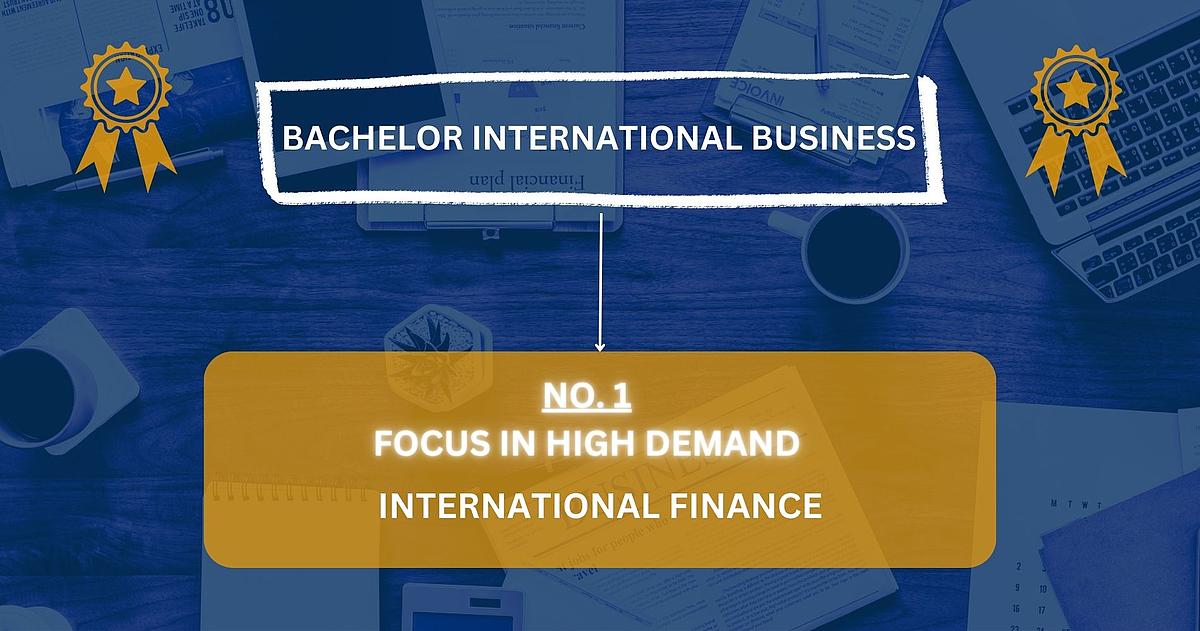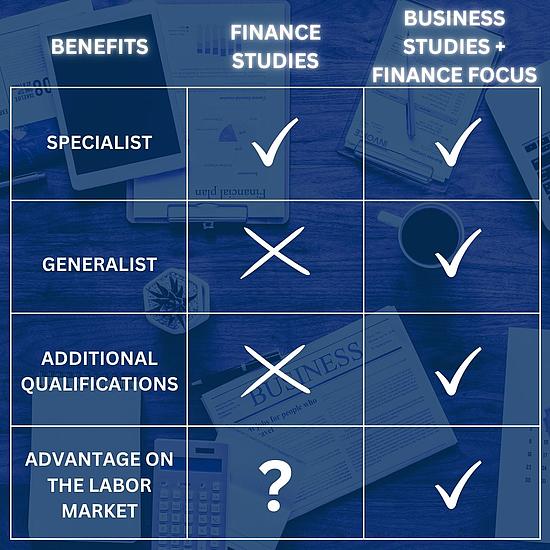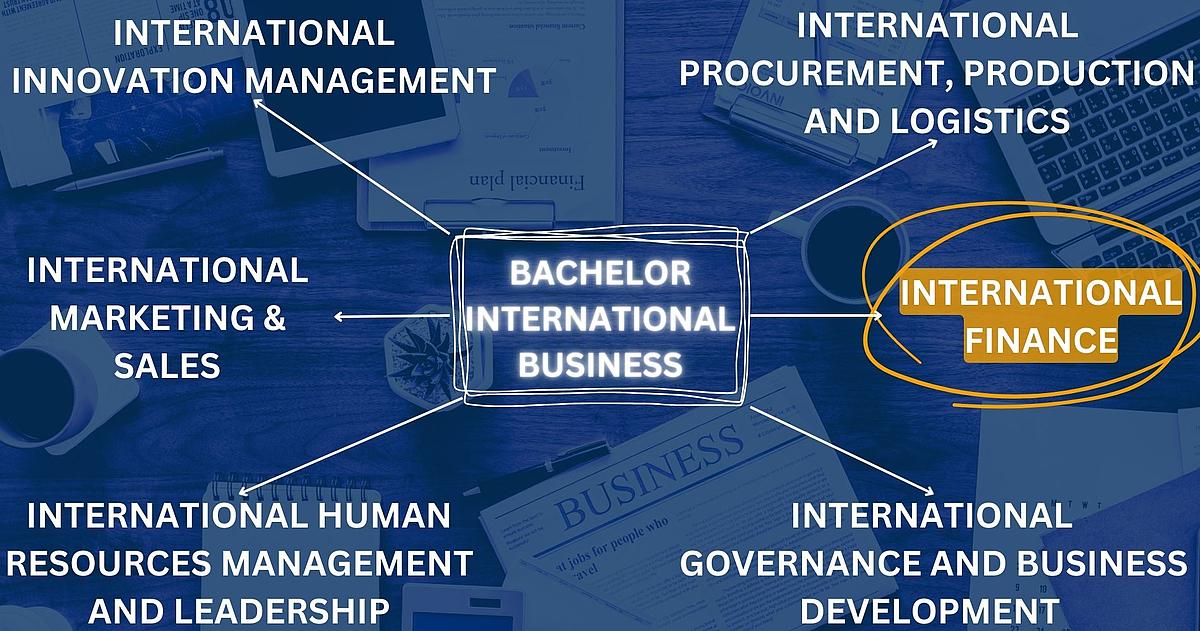Business Studies at MBS
Munich Business School not only offers you Business Studies, but also focuses on international business so that you can pursue your chosen profession anywhere in the world after graduation. The Bachelor International Business at MBS offers many highlights such as semesters abroad, internships, business projects, plenty of opportunities for networking and much more. At Munich Business School, you can expect small study groups, dedicated teachers and award-winning programs. But even more importantly, we value you as a person. Here, you are not an anonymous member, but the driving force that motivates us every morning. As a small, private university, we take time for your concerns and offer you a tailor-made study experience. Our lecturers have extensive practical experience and teach you skills that really count. In addition to sound business knowledge, we also promote values and skills that will give you an understanding of sustainability and social responsibility as a future financial economist and prepare you optimally for a wide range of professions.



























